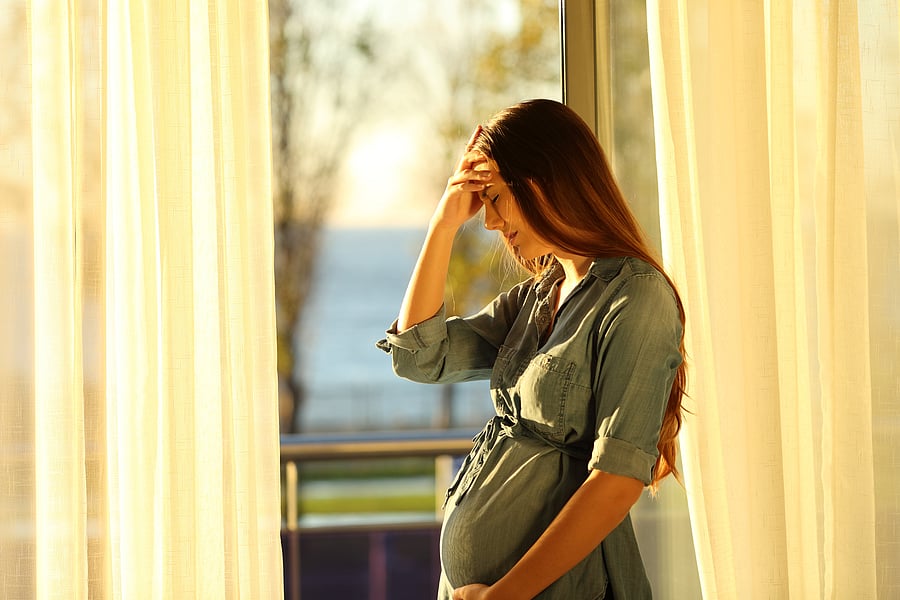
Indian women suffering from mental depression are two times more likely to deliver a low birth weight baby compared to women with no depressive symptoms, says a new study that spotted the trend among women living in and around Bengaluru.
The public health research for the first time establishes a link between the mental state of expecting mothers, particularly those from the poor socio-economic backgrounds, and the well being of the newborn.
The study, explained by its principal investigator Giridhara Babu, was a first in India’s public hospital context showing an association between ante-partum depression, an often neglected determinant in antenatal screening and small baby size.
“Annually more than ten lakh low birth weight babies are born in India. Mothers undernutrition and exposure to air pollution are the two known risk factors. Our research shows that mental state of the mothers can be added to the risk profile,” Babu, a professor, at the Indian Institute of Public Health, Bengaluru told DH.
The Indian study concurs with similar findings from other low and middle-income countries like Bangladesh and Pakistan.
“Earlier studies have shown maternal nutrition to be an important predictor of low birth weight babies. The results from our study suggest maternal ante-partum depression might act independently in causing such low birth weight. While the largest proportion of low birth weight babies in India results from poor maternal nutritional status, there are possibilities that ante-partum depression may add to the significant burden,” the researchers reported in the journal Wellcome Open Research.
Notwithstanding an annual birth cohort of 27 million and a high burden of mental illness, there are barely any Indian research to check if there is a link. One study carried out nearly 15 years ago established a link but didn't include women from the lower strata.
Babu recruited 654 women attending a government hospital in Bengaluru and examined them using a questionnaire-based tool to determine their mental status.
For the screening as well as subsequent analysis, he collaborated with researchers from the Indian Institute of Public Health, Hyderabad; London School of Hygiene and Tropical Medicine and the University of Nottingham.
The study found a prevalence of depression among 16.5% pregnant women attending public hospitals. It was also found that pregnant women with depressive symptoms delivered a higher proportion of small babies and the odds are double for such women.
“The screening tool captures the stress level women face within the family. The study underlines the need to address mental health problems to tackle the burden of low birth weight babies,” Babu said.

